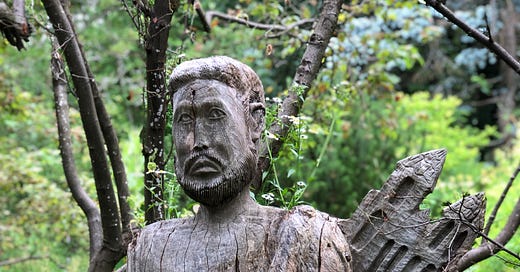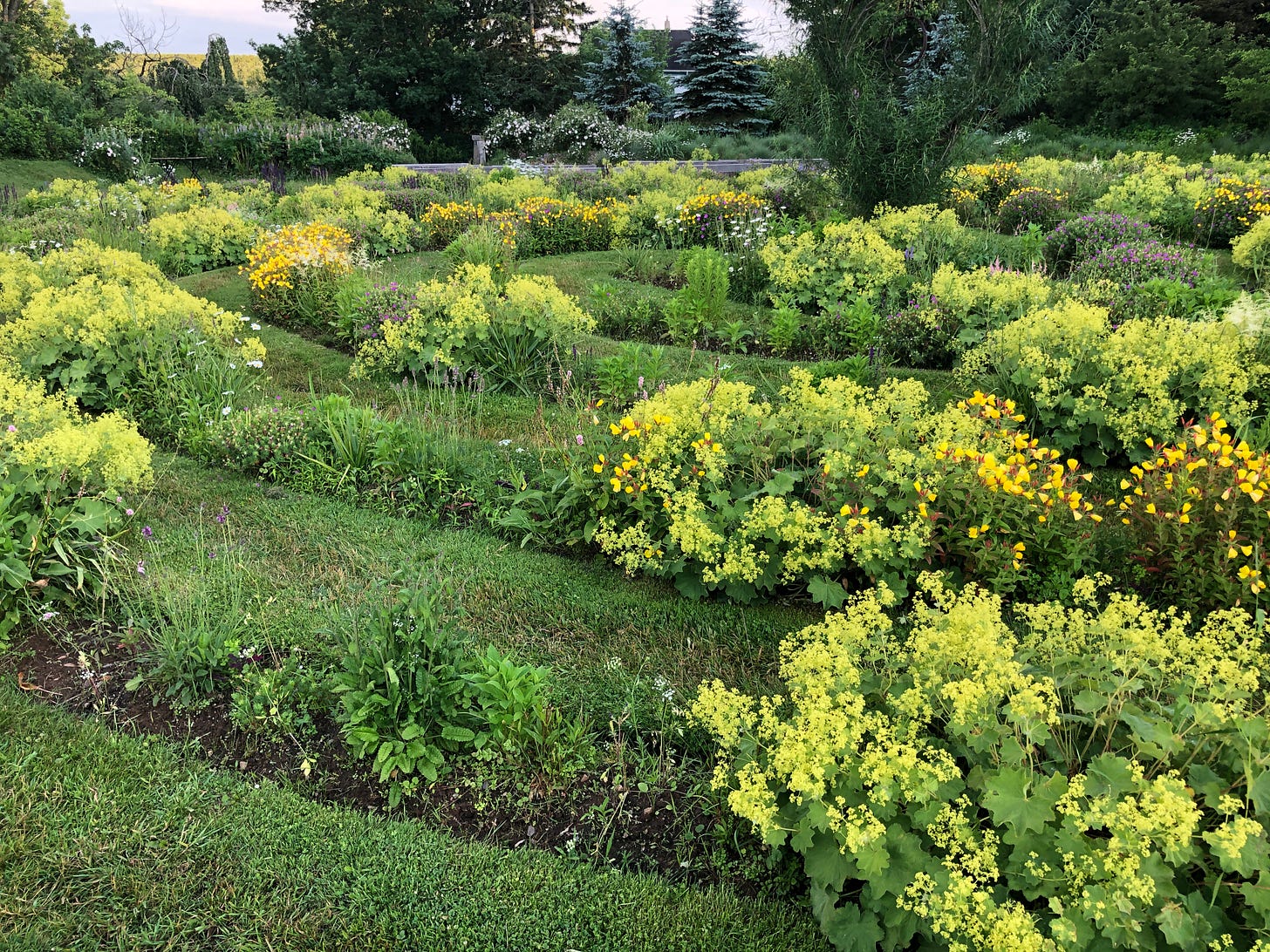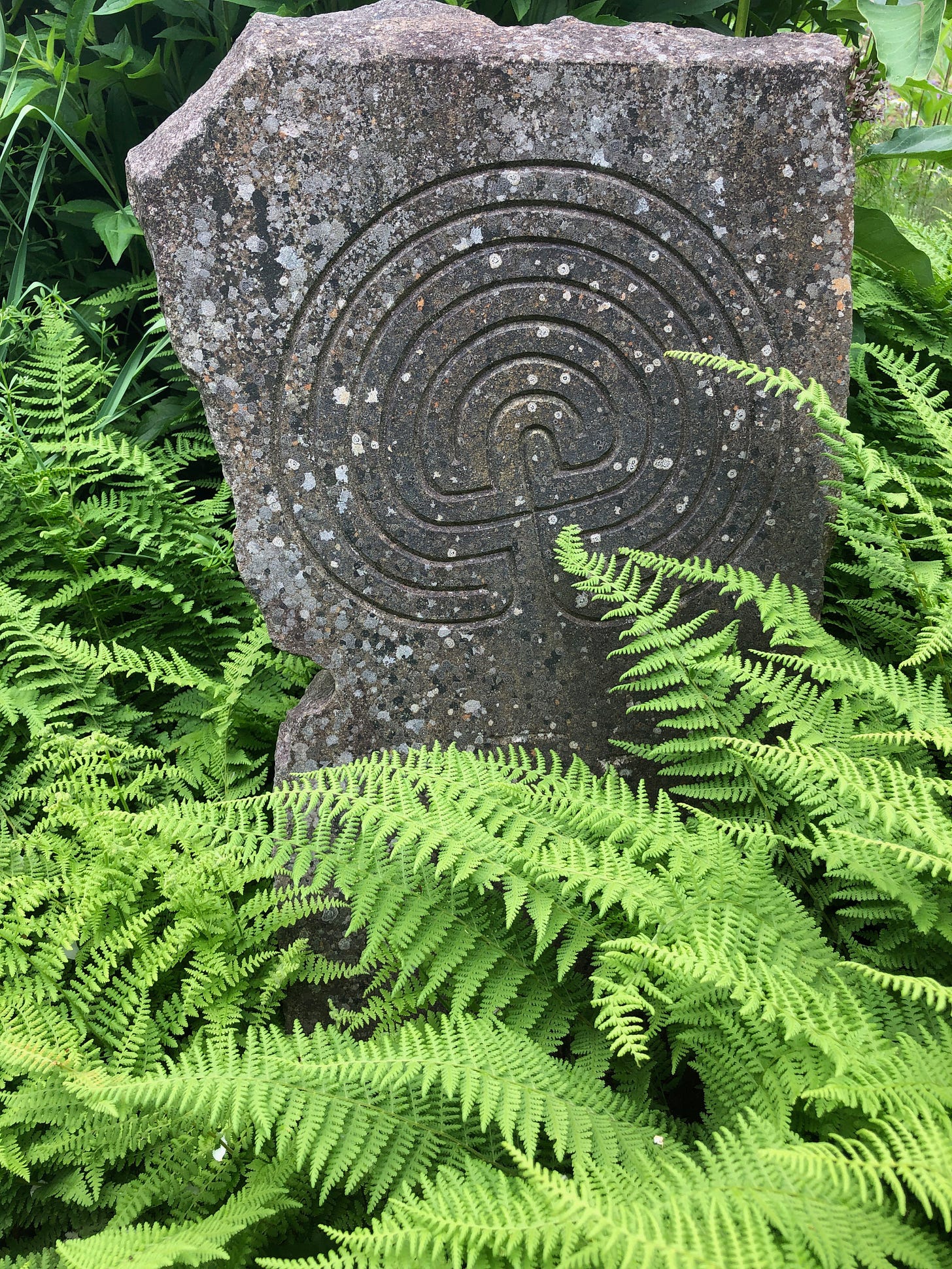On Martin Luther King Jr. Day, Reimagining Education as Soul Force
Radical imagination has the power to create a better world
Today is Martin Luther King Jr. Day in the US, a day that is at once a celebration of a radical dreamer, who dared to imagine a decolonization of human relations across the vicious artificial barriers of imaginary differences; and a grim reminder of what can happen to people who dare to imagine and enact a new dream.
Yet if we understand each individual human as just the latest physical emergence of a vast timeless interconnected Soul, like a wave that rises out of the sea and then falls back again to join the great unified expanse of ocean, then we can see how Dr. King’s dream can and does live on in each of us who bring him alive in our thoughts.
This does not deny or assuage the tragedy of his life being cut short by hatred. How much more could he have taught us, where else might he have led us, if he had been allowed to live out his full life?
It falls to us, who are alive today, to carry on his dream, reanimating him in our hearts today and every day. We do this through what Dr. King called “soul force” and and Mahatma Gandhi called “'satyagraha', that is to say, the Force which is born of Truth and Love.”
Another term for that force is imagination. As Geneen Marie Haugen writes:
“One antidote to the colonization of the mind is the wild imagination. Cultivating the extraordinary human capacity to imagine alternate possibilities is, I believe, at least part of an essential navigation strategy for our times of multiple crises and ecological peril. Becoming conscious of the power of imagination in our lived collective experience may be an evolutionary movement, a call to participate with an emerging mode of human consciousness that may have many names. My own neologism is homo imaginans.”
Haugen and her partner Bill Plotkin, like Mary Evelyn Tucker, Brian Swimme, Stephan Harding, Joanna Macy and Sean Kelly, are all part of the small but mighty group of intellectual and soul descendants of Thomas Berry, who have carried on Teilhard de Chardin’s insights about humans as the organs of consciousness of our planet.
In this line of thinking, our special niche is to be the Gaian imagination—this is what we alone, of all the animals, can do so well.
Garden guardian. Tangled Garden, Wolfville, Nova Scotia. Photo by J. Browdy.
In honor of Dr. King today, I am wondering what would it look like if education, instead of being an instrument of the colonization and constriction of our imagination, became an initiatory ground for the potent cultivation of “the extraordinary human capacity to imagine alternate possibilities”?
How would our reality begin to change if schools taught children:
· That “make-believe” is not just child’s play, but is actually the most potent tool we have to create new, desirable realities;
· That we can intentionally and mindfully train and strengthen our imaginations, just as we train and strengthen our bodies through physical exercise;
· That while we can learn from the past, we live in the present, and we have the imaginal potential to create futures that look radically different than anything that has come before;
· That while there are vast industries set up to try to control our imaginations and keep us corralled in precincts that benefit the status quo, we have the power over whether we let them in to our minds.
Yes, our imaginations can be used for ill. We have ample evidence of all the many ways the human imagination has been and continues to be used to produce weapons of individual and mass destruction; toxic, life-destroying industries and developments; pathological false in-groups and out-groups that promote hatred and conflict; and mind-numbing dystopias that reinforce the inevitability of all this, draining away our joy and undermining our flickering belief that a better world is possible.
But we have only to turn our gaze elsewhere to see that humans have also been engaged, throughout our history, in producing beauty and living in right relation with each other and the Earth.
Labyrinth, Tangled Garden, Wolfville, Nova Scotia. Photo by J. Browdy.
Radical imagination, and the radical education that cultivates it, focuses on and amplifies the dreams we want to expand.
This is different than burying our heads in the sand or seeing the world through rose-colored glasses.
This is soberly admitting that yes, vast swaths of the human imagination have been colonized by harsh, negative, destructive thinking. But there are still beautiful, untamed, fertile regions of our limitless imaginary landscape, and we can choose, in any moment, to move towards the beauty.
While not denying or ignoring the suffering in the colonized, damaged regions of human/ Gaian experience, we can use our imaginations to build up the strength and power of alternative visions of a flourishing, joyful world. If we do this collectively, as part of our educational initiation, the thriving imaginal landscape will grow and burst through into the physical in countless acts of innovative invention.
On this Martin Luther King Jr. Day, I want to reanimate Dr. King’s dream of “soul force,” the potent power of collective human imagining, that can “hew out of the mountain of despair a stone of hope.”
What would our world be like if every child experienced the days, months and years of their education as the cultivation of their own soul force, via the joyful practice of their own innate powers of positive imagination?
Just beginning to imagine this possibility makes me smile.
Stone carving, Tangled Garden, Wolfville, Nova Scotia. Photo by J. Browdy






